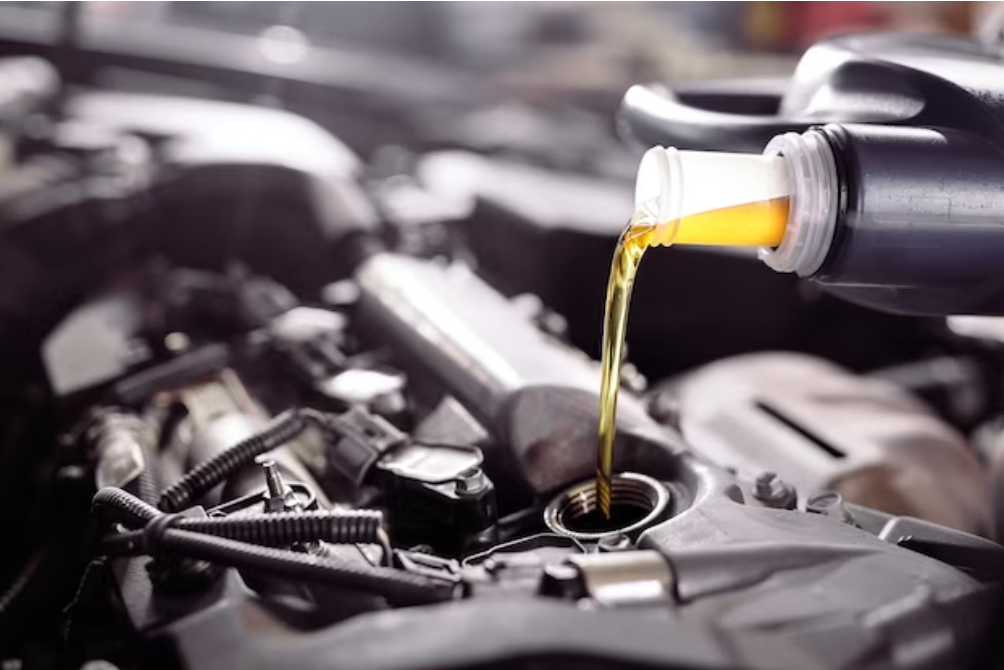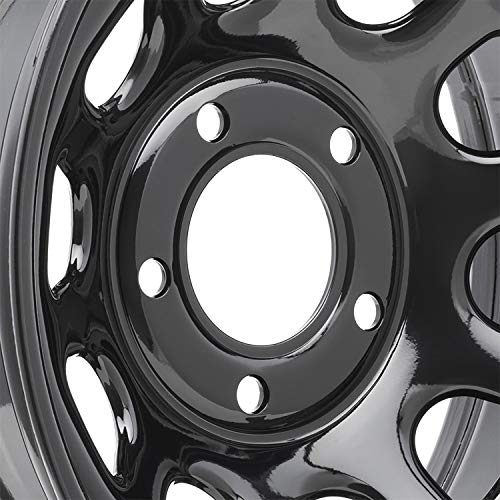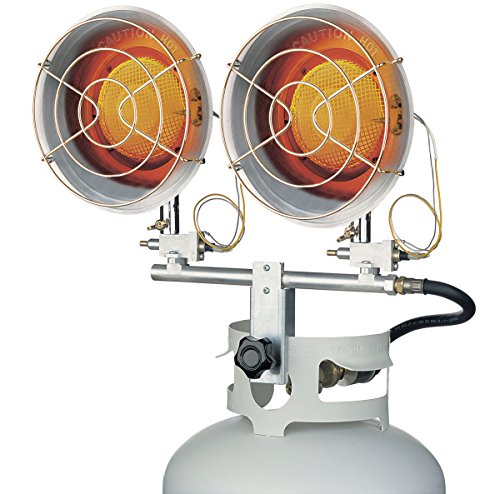The Cost of an Oil Change: What You Need to Know
To keep your car operating smoothly and increase its lifespan, routine oil changes are a crucial component of vehicle maintenance. But many auto owners frequently ponder this question: "How much does an oil change cost?" The kind of oil, the service provider, and any other services needed all have a role in the response. In this blog article, we'll examine the several factors that determine the price of an oil change and provide you a detailed explanation of the pricing so you can better comprehend it.

How Much is An Oil Change?
Prices might range from $20 to $100 or more, while making a selection, evaluate the entire value and quality of service. Regular oil changes are essential for maintaining the health of your engine and extending the life of your car, so prioritize maintenance above cost-cutting tactics.
The cost of an oil change depends on several factors and whether you choose to do it yourself:
-
Type of Oil: The type of oil used during an oil change greatly impacts the overall cost. Conventional motor oil is the least expensive option, followed by synthetic blend and full synthetic oil. While synthetic oils are pricier, they offer better performance and protection for your engine, making them a popular choice for many car owners.
-
Service Provider: The choice of service provider can affect the cost of an oil change. Three primary options are dealerships, independent auto repair shops, and quick lube service centers. Dealerships typically charge higher prices due to their brand reputation and the use of genuine parts. Independent repair shops often provide competitive pricing and personalized service. Quick lube centers tend to be more affordable but may have limited service options.
-
Additional Services: During an oil change, service providers may suggest or offer additional services to maintain your vehicle's optimal performance. These services could include replacing the oil filter, air filter, fuel filter, performing a tire rotation, fluid top-ups, or conducting a comprehensive inspection. Each additional service incurs extra costs, so it's important to understand their necessity and assess their value to you.
-
Geographic Location: Your location may have an impact on how much an oil change costs. In general, bigger cities or areas with greater costs of living have higher service fees than rural areas or places with lower costs of living. To gain a sense of what things typically cost in your region, it is worthwhile to study local costs.
-
DIY vs. Professional: Some car owners choose to perform oil changes themselves to save on labor costs. DIY oil changes can be cost-effective if you have the necessary knowledge, tools, and a suitable workspace. However, it's crucial to follow proper procedures and dispose of used oil and filters responsibly. It is preferable to leave maintenance to the professional if you are hesitant or uncomfortable performing it yourself.

In the past, it was common to follow the standard rule of changing oil every 3,000 miles or every three months. Extended intervals between oil changes are a result of improvements in engine and oil technology. The typical recommendation is to replace the oil in most contemporary vehicles every 5,000–7,500 miles, or every six months–one year, whichever comes first. This interval is based on using conventional motor oil. However, if your vehicle uses synthetic oil, the recommended interval may be longer, typically ranging from 7,500 to 10,000 miles or even more.
-
Are synthetic oils more expensive than conventional oils?
Yes, synthetic oils generally have a higher price compared to conventional oils. However, synthetic oils offer improved performance, better protection for the engine, and extended oil change intervals, making them a preferred choice for many car owners.
-
Can I save money by doing my own oil change?
Performing your own oil change can potentially save you money on labor costs. However, it's important to consider your skill level, access to proper tools, and disposal methods for used oil and filters. If you're not confident in your abilities or don't have the necessary resources, it's often safer and more convenient to have a professional handle the oil change.
See more review here: Top 10 Car Blower Dryers For Effortless Drying













